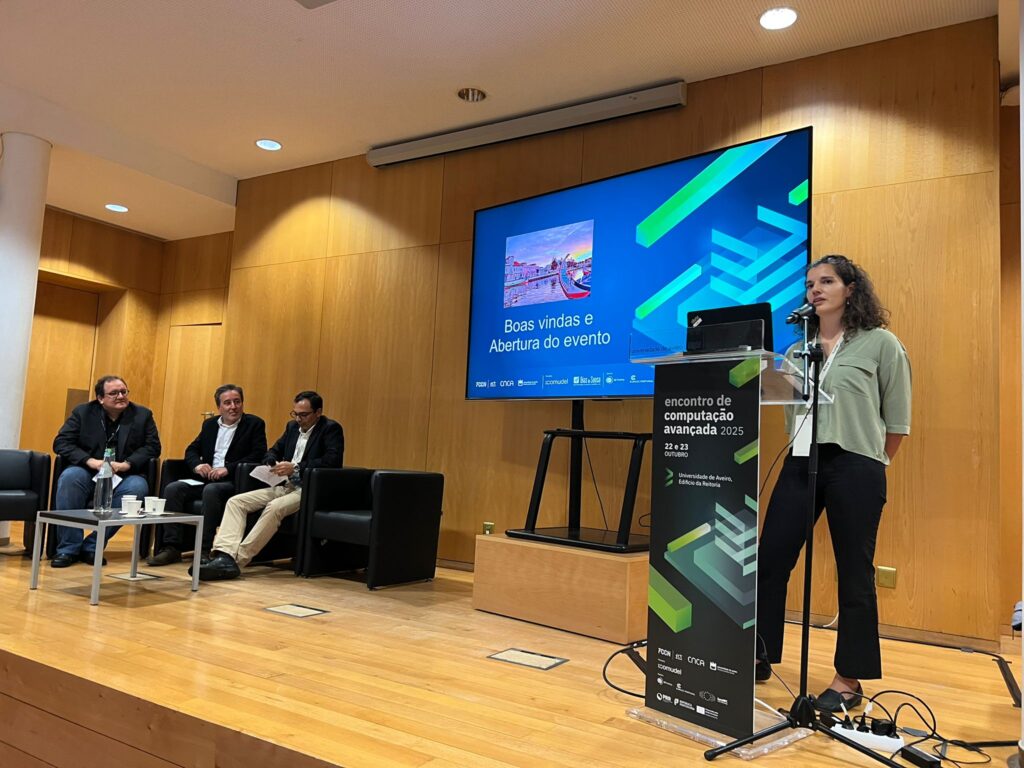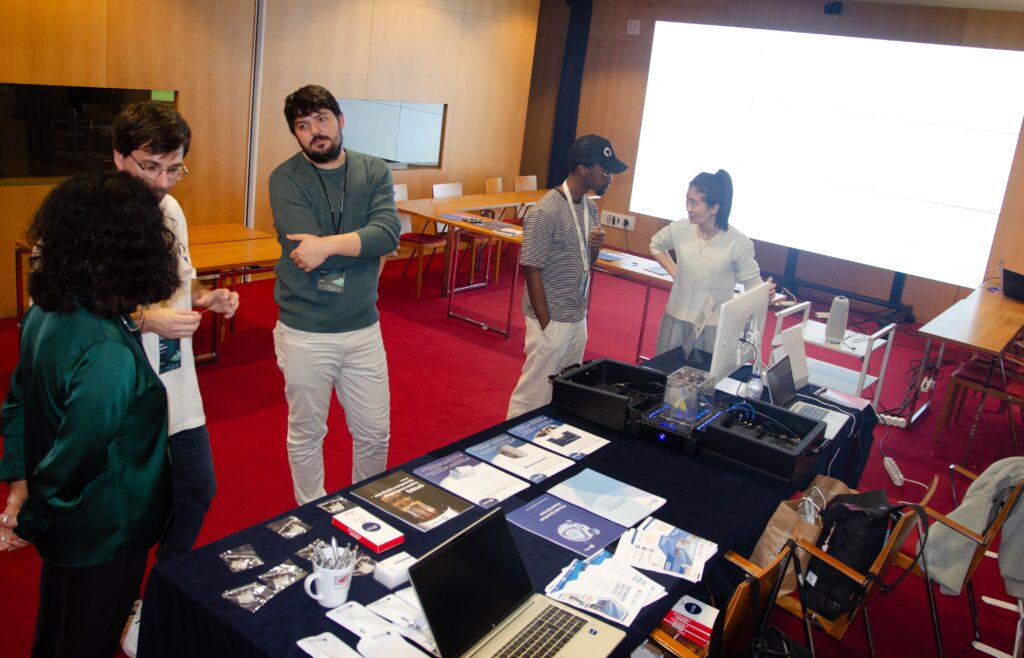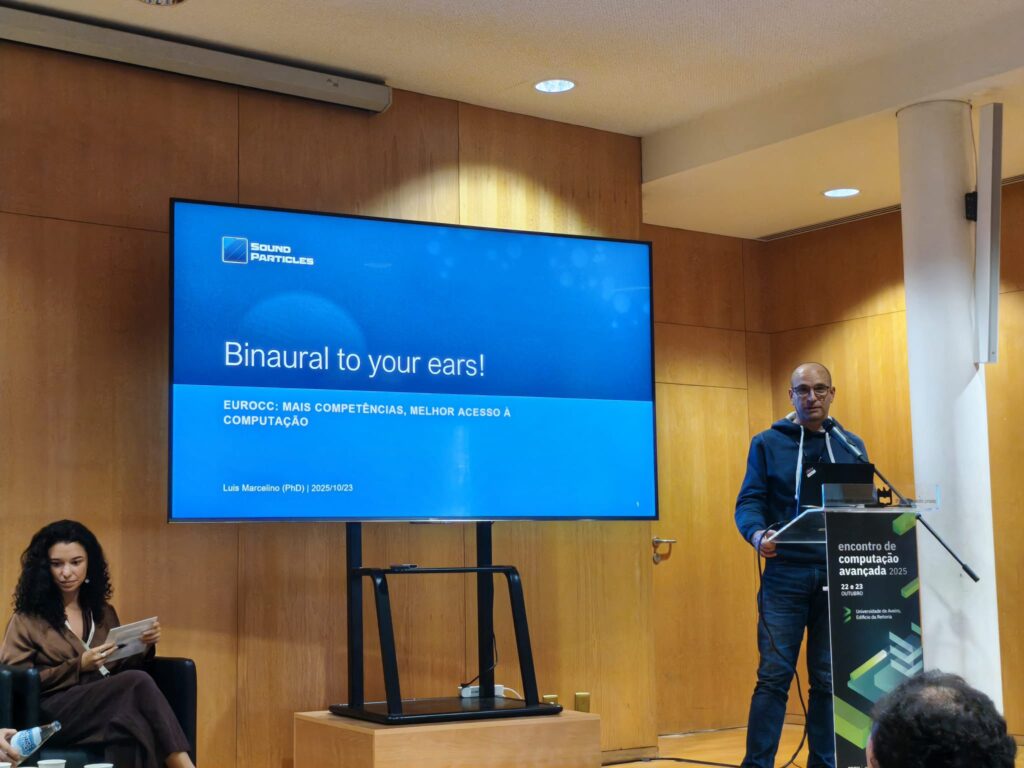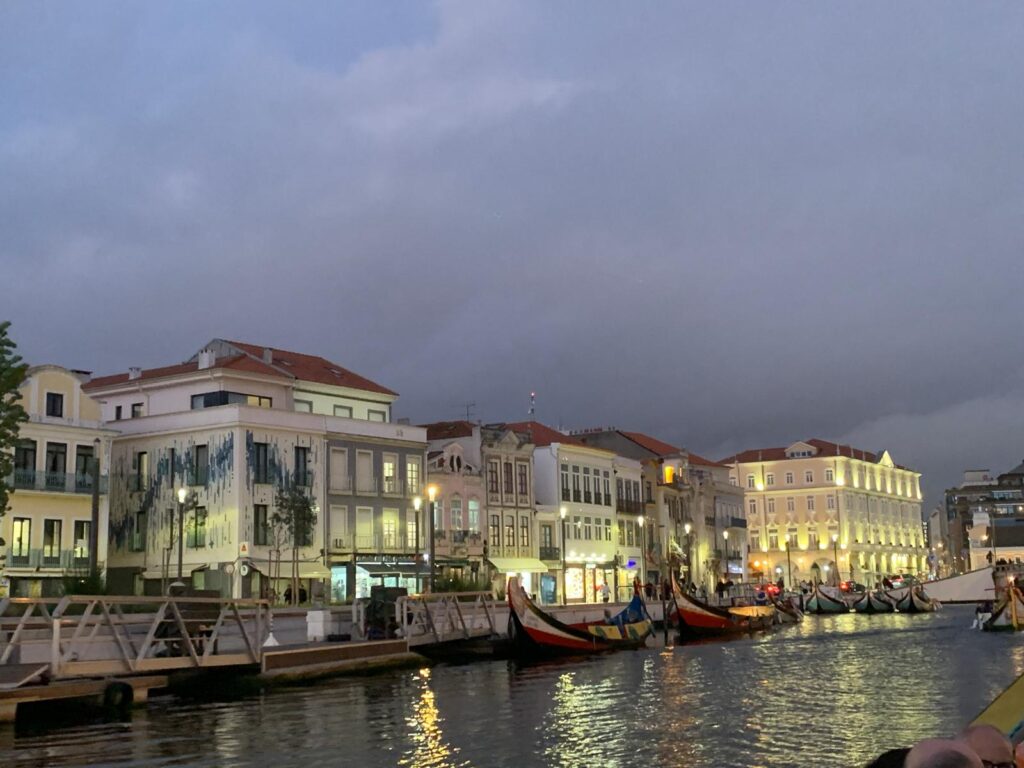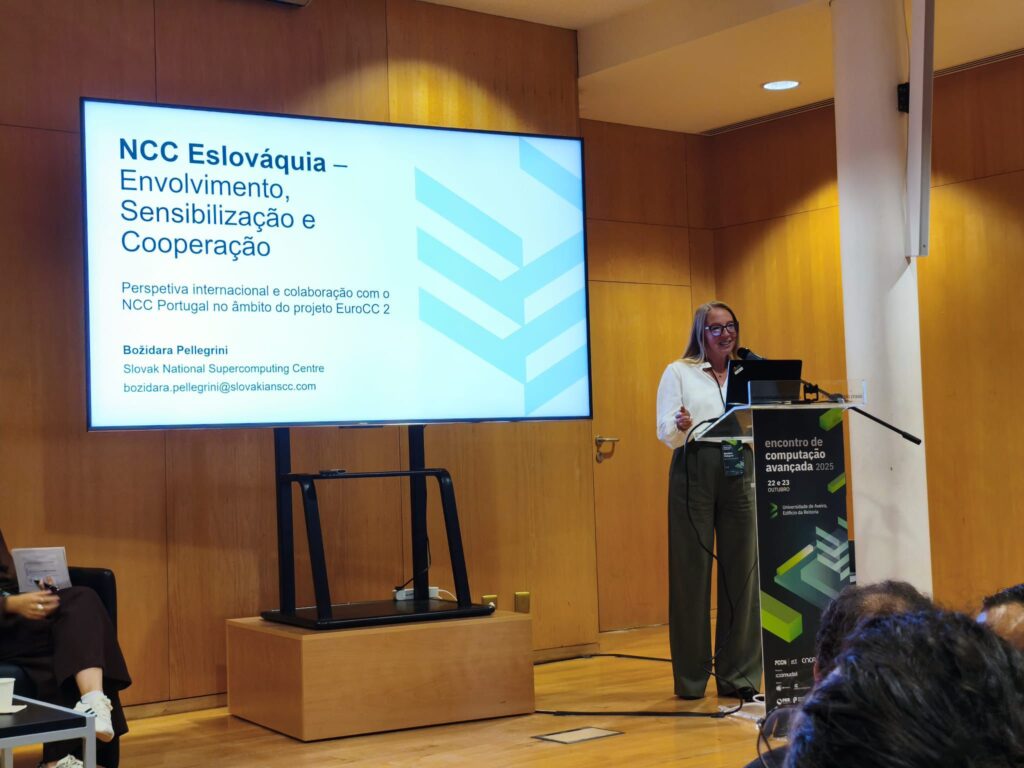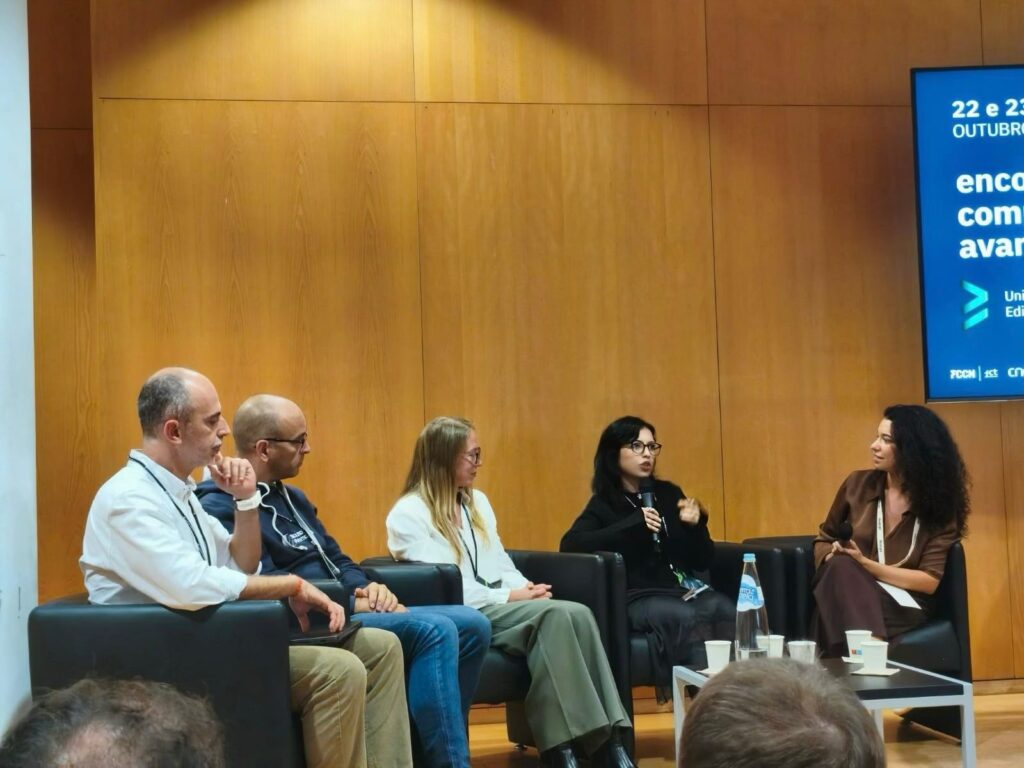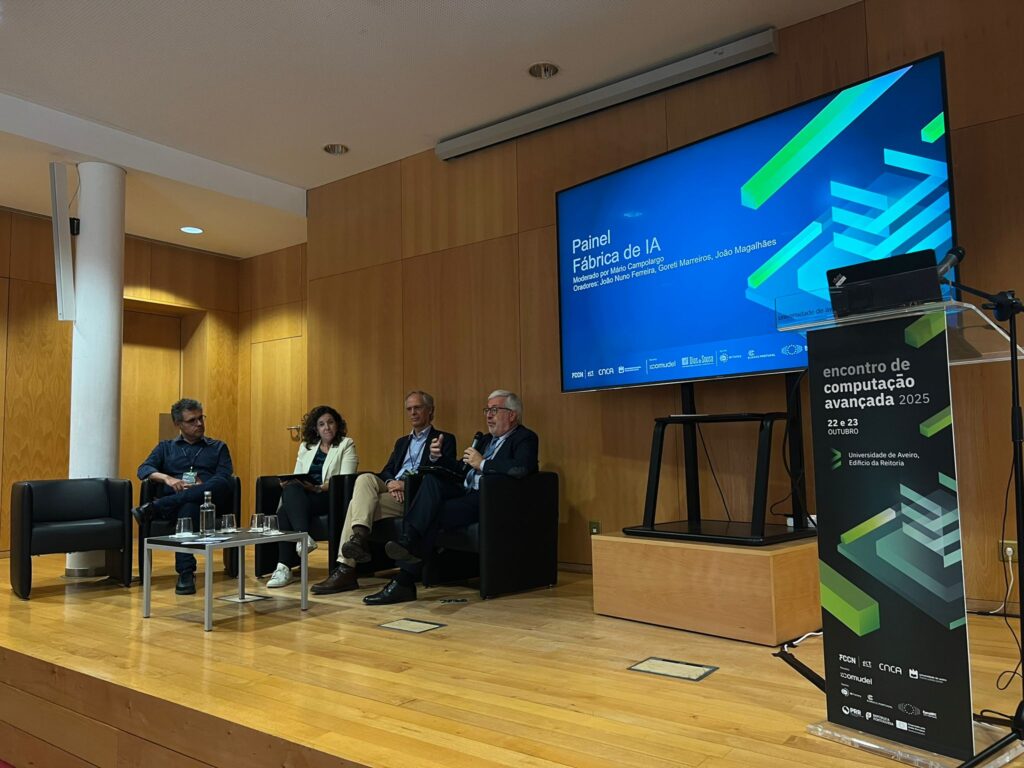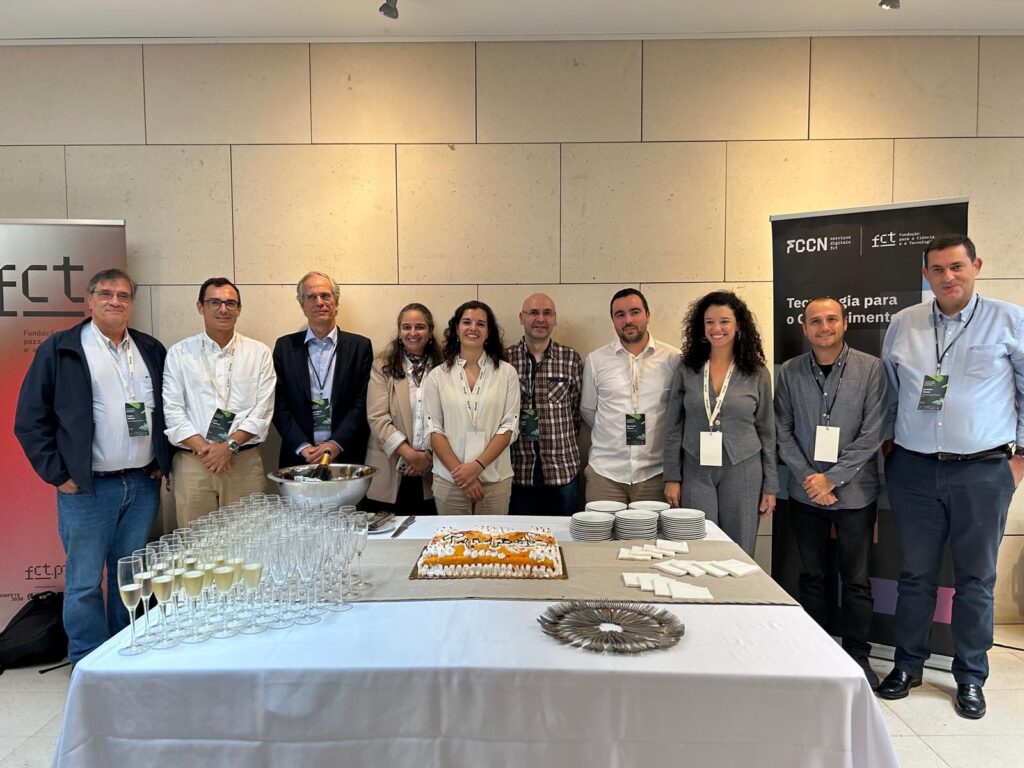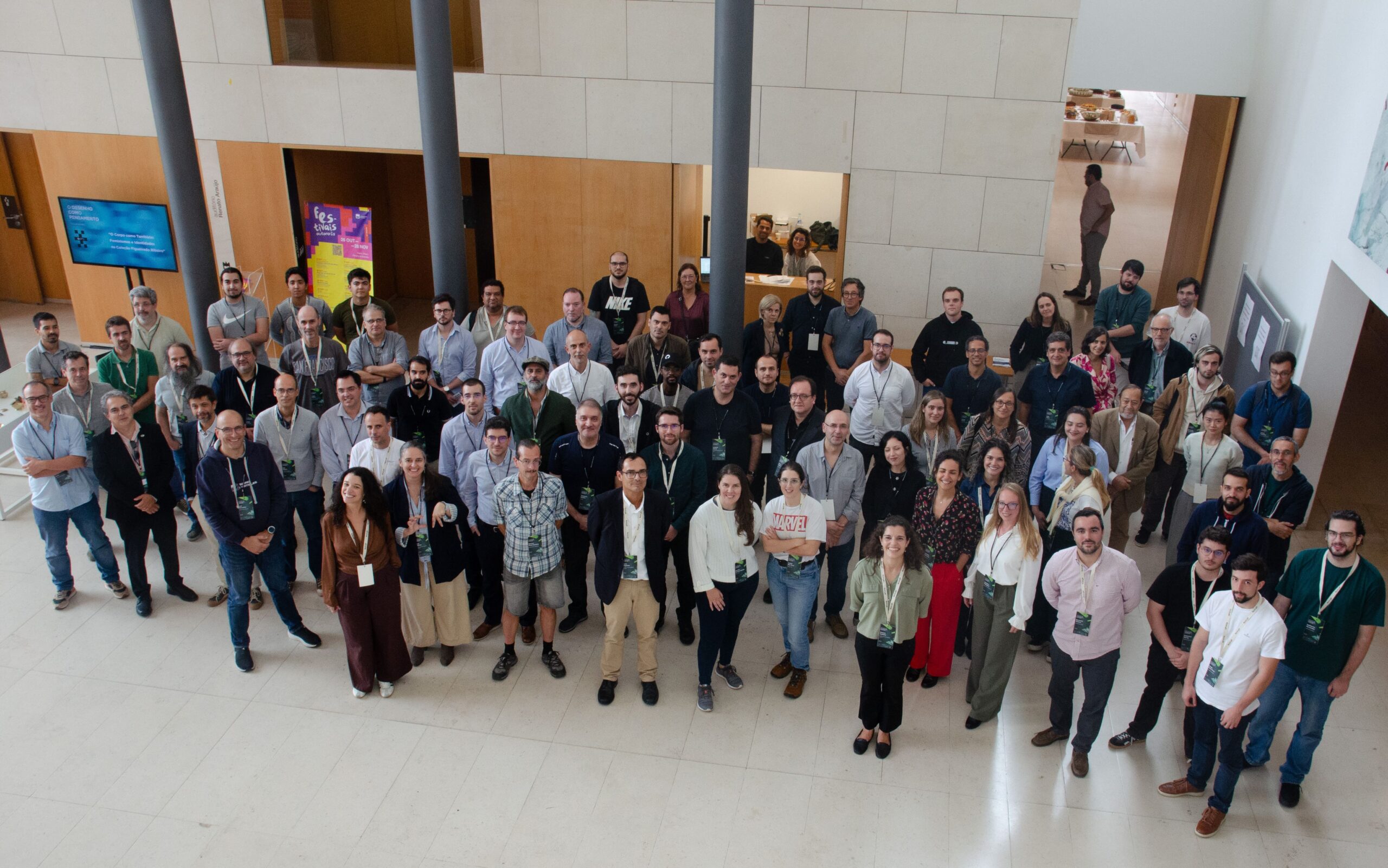The 5th Advanced Computing Meeting took place on October 22–23, 2025, at the University of Aveiro, bringing together more than 150 registered participants – the largest edition yet – including researchers, students, technical staff, companies, and institutional representatives from Portugal and across Europe.
Organised by the National Advanced Computing Network (RNCA), with support from EuroCC2 and the BSC AI Factory, the meeting offered two dynamic days of knowledge exchange, collaboration, and hands-on learning.
The event began with practical workshops on first steps in HPC, job submission, and the use of tools such as EasyBuild and optimized Python containers, supported by the Deucalion supercomputer team.
The opening session featured representatives from FCT, CNCA, and the University of Aveiro, followed by a panel titled “EuroCC: more skills, better access to Computing”, which brought together voices from academia, industry, and European partners, including the NCC Slovakia.
The afternoon focused on user support and evolution of the Deucalion system, highlighting recent projects, quantum simulation efforts, usability updates, and Open Ondemand improvements.
The day ended with a Moliceiro boat tour and a social dinner, sponsored by Dias de Sousa S.A., who also brought a quantum computer for education to the event exhibition.
On the second day, the session “From HPC to Quantum and back” gathered renowned experts from BSC, INESC-ID, UP, and the Portuguese Quantum Institute.
The final session focused on FCT and EuroHPC opportunities, national access calls, and the role of AI Factories in leading digital innovation.
Throughout the event, there was a strong spirit of openness, practical dialogue, and real user engagement.
Two gift vouchers for computing time on Deucalion and MareNostrum 5 were awarded to encourage experimentation and first-time use.
The 5th edition confirmed the Advanced Computing Meeting as a key forum to share knowledge, connect people, and build a more open and collaborative supercomputing ecosystem in Portugal.
